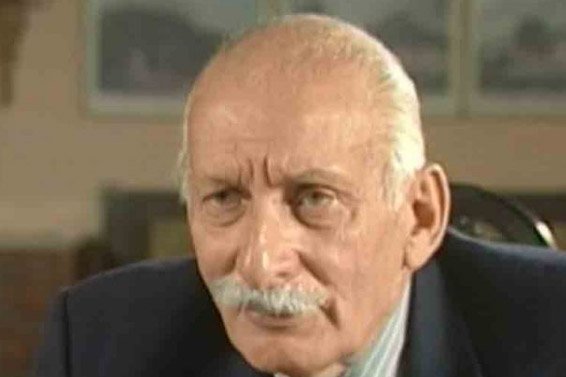Parsis’ petitions to retain matrimonial court juries
Summary: The Supreme Court is hearing a petition that questions the validity of Parsi matrimonial courts that follow a jury system. “She had to go to the Bombay high court with a contempt petition because the alimony was not paid,” said Kapadia. The decision should be quick,” said Napeansea Road resident Viraf Kapadia, who served as a delegate at the matrimonial court in Mumbai between 1991 and 2011. According to her, the jury system made the procedure cumbersome, without any access to recourses such as mediation and settlement that are available to Hindu women under the family court system. Why blame the Parsi matrimonial law?”Lawyers said work at the court was exasperatingly slow.
The Supreme Court is hearing a petition that questions the validity of Parsi matrimonial courts that follow a jury system. Though the court observed that the country’s parliament would be a better platform to decide the issue, it has asked for the government’s view on the petition. The petitioner, who had earlier approached the Bombay high court seeking the dissolution of her marriage, said the procedure laid out under the Parsi Marriage and Divorce Act of 1938 made divorces a long and torturous exercise. According to her, the jury system made the procedure cumbersome, without any access to recourses such as mediation and settlement that are available to Hindu women under the family court system. The petitioner said hearings in her case has been delayed because jury members — called delegates — have not been appointed , As Reported By Hindustan Times.
According to the Newspaper,There are special matrimonial courts presided over by a high court judge at Kolkata, Chennai and Mumbai — though as Mumbai-based lawyer Armaity Engineer pointed out, these are not the only courts that hear Parsi matrimonial matters; district courts in Pune, Bengaluru and Surat also look at them. In the case of the high courts, the chief justice nominates a judge, who, aided by delegates, hears the dispute. Names of delegates are suggested by the Bombay Parsi Punchayet (BPP), the community’s largest representative body.





